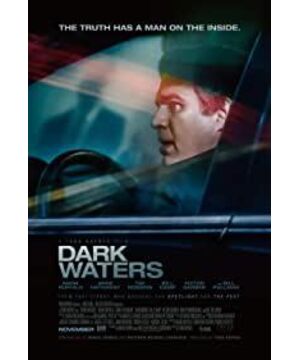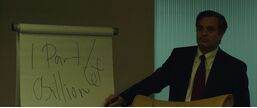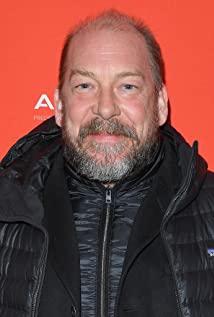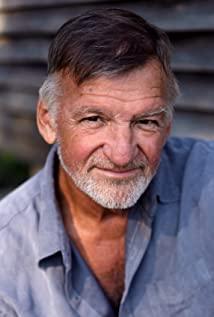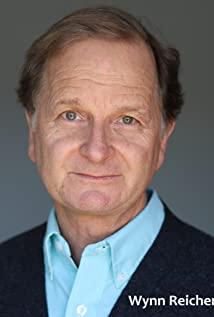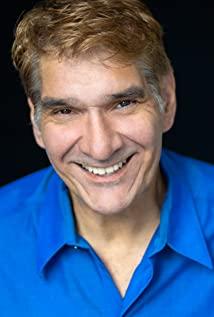I was shocked after reading it, and I kept thinking about those questions along the way. At the end of the film, Robert shouts to his wife: "They are industrial giants, they can do nothing, of course they can erase everything they do, and they want to tell the world that resistance is useless. They want us to hope that the system will protect us. , but everything is a lie, in the end, we still rely on ourselves to protect ourselves, the company won't, the scientists won't, the government won't, only ourselves... This is what a farmer with only a high school diploma told me." There is no sensationalism here. But it makes people empathize. It's scary, isn't it, just like the last sentence of the male protagonist: isn't that crazy? I felt a deep sense of powerlessness.
The camera also swept through every corner of the city little by little, but in the end it simply explained the compensation the male protagonist obtained for the 3535 cases in the form of words, just like he said "still here" at the end, as if he insisted on it for more than ten years. It's like passing by, let the hero end in such a simple form.
What I can feel is that one is a system problem and the other is a class problem. Just like DuPont, the people at the top of the pyramid are qualified to make rules, and the people at the bottom can only be puaed. Just like people get compensation at the end of the movie, so what if they get compensation, harmful substances stay in the body forever, and in the end they can only comfort themselves, compensation is better than no!
Finally, pay more attention to environmental issues, I don't dare to use non-stick pans anymore.
View more about Dark Waters reviews


